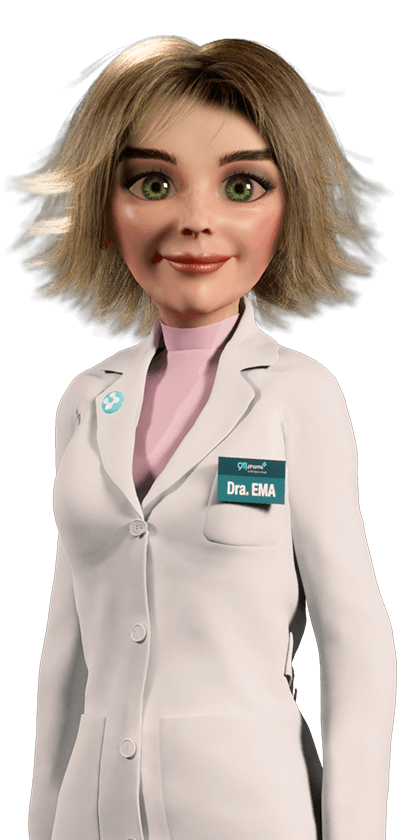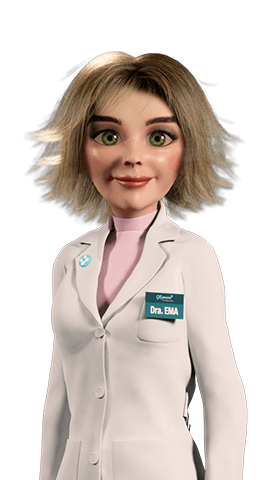Respiratory system
Don't stress with your child's cough
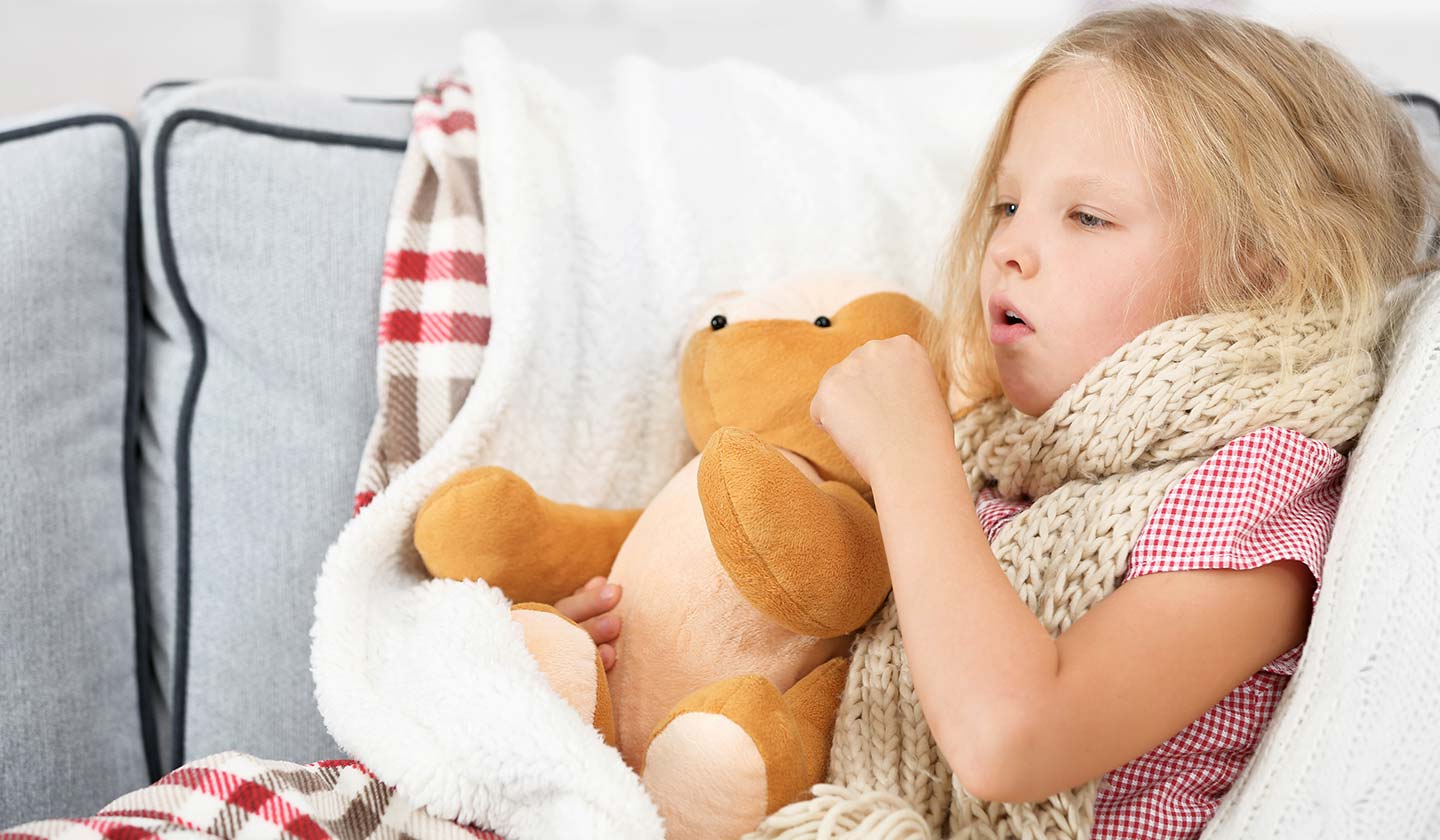
Cough is a physiological mechanism of respiratory defence. It is characterised by a sound and movement emitted by the organism to clear the lungs, the airways and throat of mucus or irritating substances.
When there is a mild illness, the child often has a cough. If the child has a cough without presenting any other symptoms, it does not mean that there is a serious illness.
Cough may have a humid, dry, or harsh sound. The cause of the cough will determine its duration.
An isolated cough or accompanied by nasal congestion resolves within 1 to 2 weeks, in the case of acute cough. If the cough persists for more than 4 weeks, we are dealing with a chronic condition.
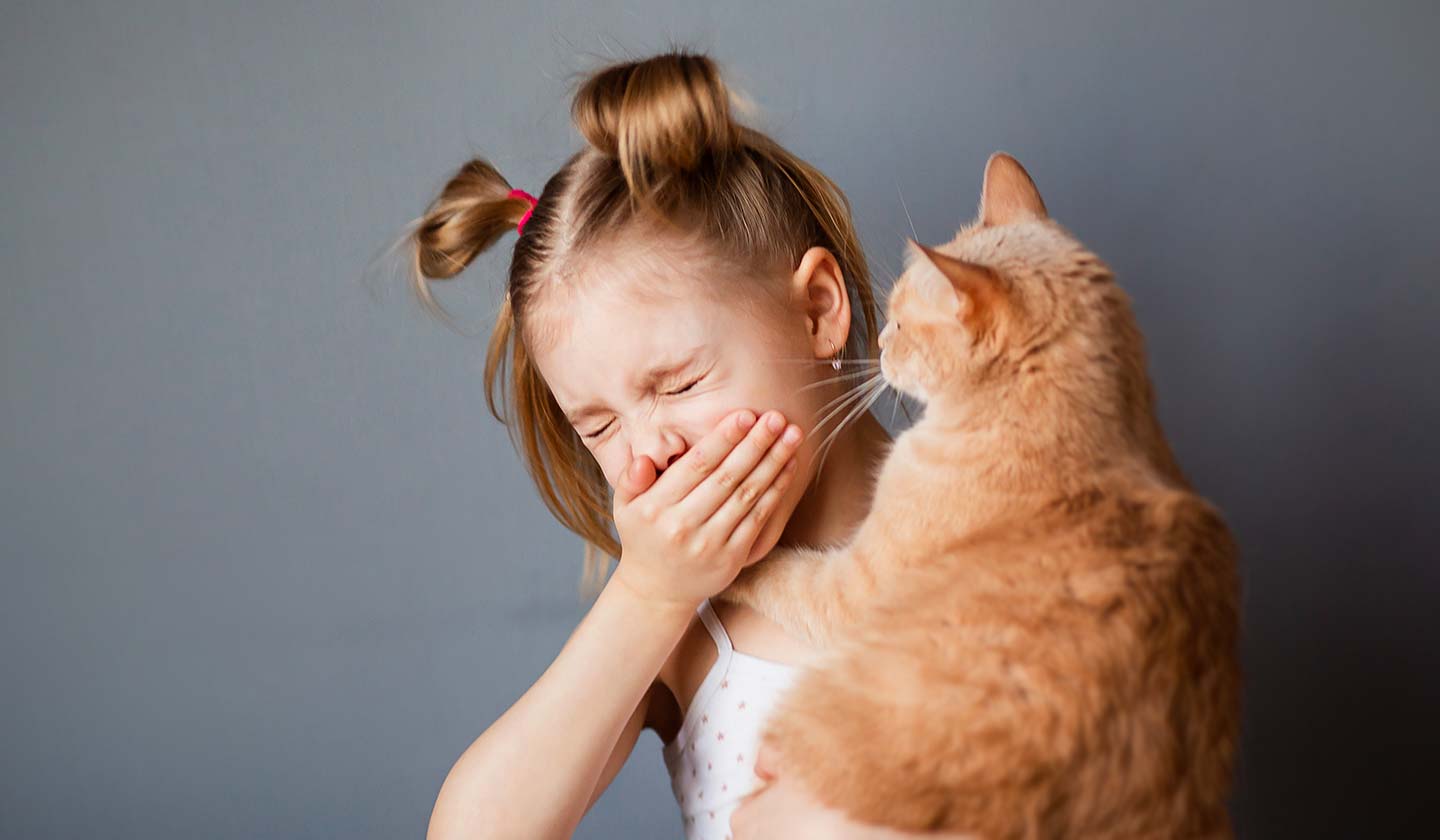
Causes
- Respiratory infections (e.g., a cold)
- Ear infection (e.g., otitis)
- Children exposed to family members who are smokers
- Pollution
- Allergies (e.g., dust and pollens)
- Asthma, rhinitis, and sinusitis
- Inhalation of foreign bodies (e.g., small Lego pieces)
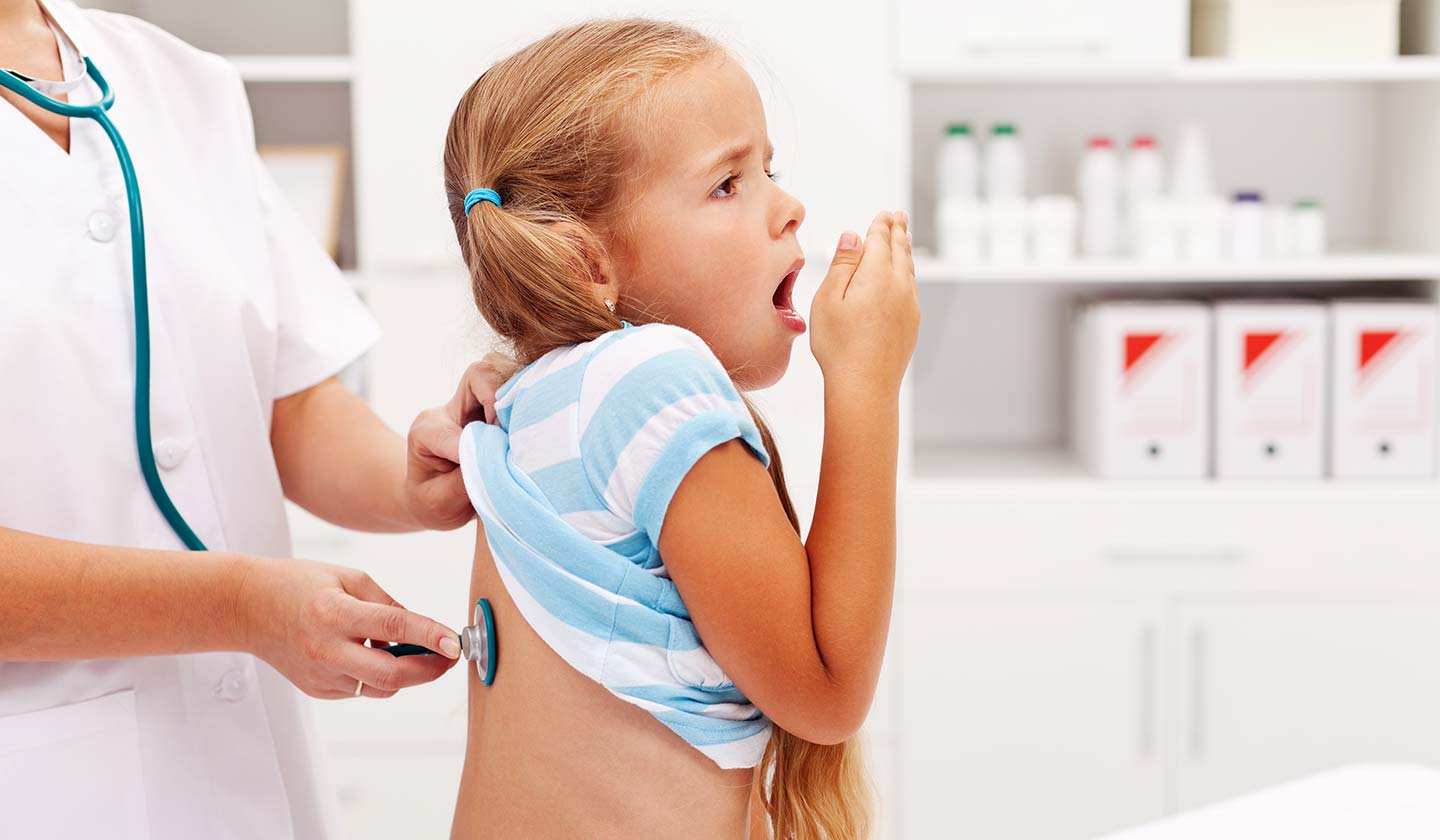
Types
Children with asthma often have a cough accompanied by wheezing and rapid breathing.
The so-called “brassy cough” is a symptom of several respiratory infections, including larynx and trachea infection. Breathing may be normal when the child is not coughing, but hoarseness is audible.
Children with whooping cough often have violent coughing spasms, which have a "wheezing" sound. Coughing makes it difficult for the child to breathe but breathing may return to normal when the cough stops.
Young children may swallow a small object or choke on a piece of food with a sudden onset of severe coughing and / or difficulty breathing. These cases are considered medical emergencies.
Sometimes, the child may have a persistent cough for weeks or months because of a foreign object lodged in the airways (e.g., nose).

Care to be taken
- Raising the head of the cot or bed helps to relieve cough
- Candy, lozenges (children over 4), water and teas moisturise and lubricate an irritated throat,
- Rest
- Use saline or sea water sprays to help relieve congestion
- Never stop breastfeeding because the child has a cough
- Encourage your child to drink small amounts of fluids frequently
- Using a vaporizer or humidifier in your child's room can help relieve cough, as dry air tends to worsen it
- Over-the-counter drugs for cough and cold should not be administered to children under the age of two
- Keep your child away from polluting and smoking environments

When should I see a doctor?
If the child:
- is unable to eat or vomits often due to cough
- has a harsh cough and wheezy breathing
- has difficulty breathing which does not improve with exposure to fresh air, humidified air, or steam
- has bluish lips or skin
- has difficulty breathing
- has a persistent cough
- fever
- has been coughing for more than 2 weeks
Cough can have a significant impact, particularly when it drags over time, negatively influencing sleep, daily activity and the children’s and their caregivers’ quality of life.
Coughing and taking medications in children pose specific safety issues; you can find specialised teams at your local pharmacy to answer all your questions on the correct and effective use of medications.
Sources
iSaúde
Farmácia Distribuição Magazine
Também lhe poderá interessar
Signs and symptoms
Your child has a fever, don't despair, but stay vigilant
Allergies
